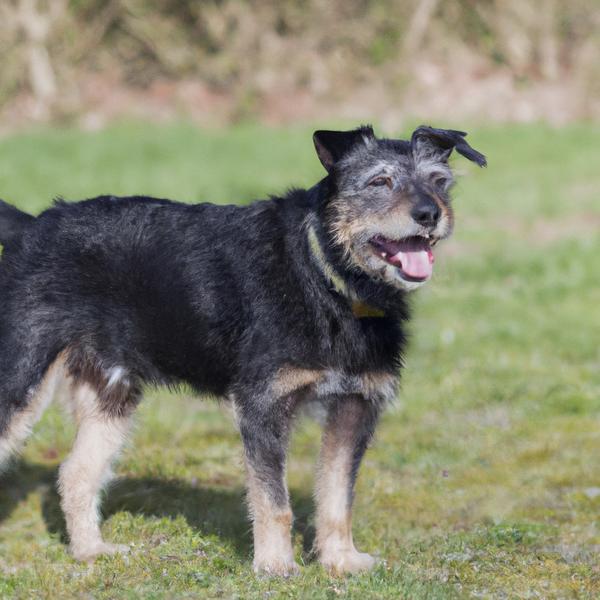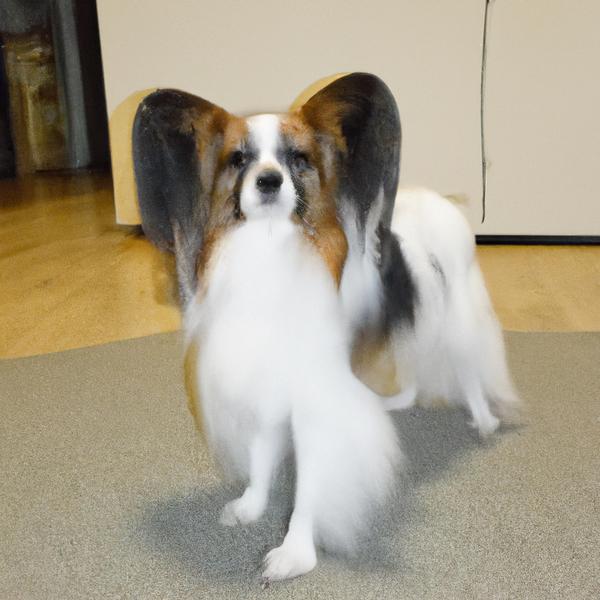Brusston vs. Papillon: Breed Differences and Similarities
Hypoallergenic
Are Brusstons or Papillons hypoallergenic, or neither?
Unfortunately, neither Brusston nor Papillon are hypoallergenic, which may not make them the best choice for dog lovers who suffer from pet allergies.
Temperament
What are the personalities of Brusston and Papillon dogs?
Playful
Alert
Sensitive
Intelligent
Friendly
Affectionate
Lively
Gentle
Inquisitive
Aggressive
Selfish
Watchful
Companionable
Alert
Friendly
Energetic
Happy
Intelligent
Shedding Level
Do Brusstons shed more than Papillons, or which breed sheds more, Brusstons or Papillons?
Brusstons are low shedding dogs, requiring minimal coat care.
Papillons shed very little hair, making them a great choice for those who dislike excess hair in the house.
Origin
What is the origin of Brusston and Papillon dog breeds?
United States
France
Ancestry
What are the origins of Brusston and Papillon breeds?
Boston Terrier and Brussels Griffon
spitz, spaniel
Breed recognition
Which kennel clubs recognize/register Brusston and Papillon?
ACHC = American Canine Hybrid Club
DRA = Dog Registry of America, Inc.
American Canine Registry
American Kennel Club
America's Pet Registry
Canadian Kennel Club
Dog Registry of America Inc.
Federation Cynologique Internationale
Kennel Club of Great Britain
North American Purebred Registry, Inc.
American Canine Association, Inc.
Australian National Kennel Council
Continental Kennel Club
National Kennel Club
New Zealand Kennel Club
United Kennel Club
Date of Birth
When were Brusston and Papillon breeds first developed?
Unknown
1500
Eye Color Possibilites
What are the eye colors of Brusston and Papillon dogs?
Brown
Brown
Nose Color Possibilites
What are the natural nose colors of Brusston and Papillon?
Black
Black
Coat Color Possibilites
What are the natural colors of the coat for Brusston and Papillon breeds?
Black
White
Brown
White
Black
Fawn
Red
Brown
Sable
Coat Length
What is the typical coat length for Brusston and Papillon breeds?
Brusstons are known for their coat length.
Papillons have longer coats compared to most dogs.
Coat Density
What is the density of the coat of Brusston and Papillon?
Coat Texture
What is the hair texture of Brusston and Papillon?
Wiry
Straight
Litter Size
What is the usual litter size for Brusston and Papillon?
A Brusston can have a litter of 3-5 puppies on average. However, it's worth noting that the size of the litters can vary greatly. Factors that can influence litter size include the health of the mother, breeding history, and genetics.
A Papillon can have a litter of 13-16 puppies on average. However, it's worth noting that the size of the litters can vary greatly. Factors that can influence litter size include the health of the mother, breeding history, and genetics.
Adaptability
Brusston and Papillons are known for their adaptability and versatility. They are capable of adapting well to a wide range of lifestyle changes and living environments, making them great companions for families and individuals of all lifestyles.
Health Issues
Between Brusston and Papillon, which breed is more prone to health problems?
Brusston and Papillon breeds are generally considered to be healthy. However, like all breeds, they are susceptible to certain health issues and it is important to keep an eye out for them and address them with your veterinarian as needed.
Major Concerns
What are the major health concerns for Brusston and Papillon breeds?
Brachycephalic Syndrome
Patellar Luxation
Deafness
Hip Dysplasia
Mitral Valve Disease
Minor Concerns
What minor health issues should be kept in mind when owning Brusston and Papillon?
Patellar Luxation
Deafness
Demodicosis
Cherry Eye
Progressive Retinal Atrophy
Cataracts
Glaucoma
Hemivertebrae
Hydrocephalus
Atopic Dermatitis
Tricuspid Valve Dysplasia
Cleft Lip or Palate
Progressive Retinal Atrophy
Cataracts
Von Willebrand's Disease
Follicular Dysplasia
Occasional Tests
What occasional tests are recommended for Brusston and Papillon breeds?
Blood Test
Hip X-Rays
Dna Test For Pk
Eye Examination
Physical Examination
Knee
Heart
Dna For Vwd
Hips
X-Rays
Eye Examination
Physical Examination
Social Needs
Brusston vs Papillon social needs comparison
Brusston has above average social needs and thrives with interaction with humans and other dogs.
Papillon has very high social needs and requires regular mental and physical stimulation, a job or purpose, and companionship.
Sleeping Need
Which of the two sleeps the most/least: Brusston or Papillon?
Brusstons have moderate energy levels and typical sleep patterns of 12-14 hours per day.
Papillons sleep less than other breeds but still need adequate sleep for good health.
Mouthiness
Mouthiness Comparison: Brusston vs Papillon?
Roaming urge
Brusston vs Labrador: Running away tendency?
Prey Drive
Brusston or Papillon - which breed has a higher level of prey drive?
Past times
What are some enjoyable activities and ways to keep Brusston and Papillon entertained?
Play dead, Walk, Keep away, Frisbee, Swim, Howling, Fetch, Speak, Shake, Tug-of-war
Walking, Playing, Walk, Sniffing, Catch treats, Off-leash, Chasing Animals, Eating Snacks, Nap
Activity Level
Which breed has higher energy, Brusstons or Papillons?
Brusstons are high-energy dogs. They need mental as well as physical exercise. These dogs require a lot of your involvement and without it they can, and will, become problematic dogs.
Papillons are medium-energy dogs and typically enjoy socializing and playing casual or even sustained games of chase with other dogs. They may also have occasional periods of barking or racing around the house.
Tolerance of being left alone
Walks per Week
How many miles should Brusston or Papillon walk each week?
There's really no limit to how far you walk your dog as long as they're comfortable. For Brusston, it's at least 9 miles / week. Just remember to build distance and stamina gradually over time.
There's really no limit to how far you walk your dog as long as they're comfortable. For Papillon, it's at least 7 miles / week. Just remember to build distance and stamina gradually over time.
Activity per Day
Do Brusstons or Papillons require more exercise?
In general most Brusstons usually need at least 60 minutes of exercise daily. This can be spread across the day and include all sorts of high-energy activities, like walking, running and playing.
In general most Papillons usually need at least 45 minutes of exercise daily. This can be spread across the day and include all sorts of high-energy activities, like walking, running and playing.
Grooming
Which breed is easier to maintain in terms of grooming, Brusstons or Papillons?
Brusston and Papillon are breeds of dogs that require an average amount of grooming effort.
Brushing Frequency
What is the recommended brushing frequency for Brusston and Papillon dogs?
Brusston and Papillon should be brushed at least once a week. Of course, you can give them more frequent brushes if you find that they are still shedding a lot.
Brushing Tools
What brushing tools are used for Brusstons and Papillons?
Slicker Brush
Comb
Scissors
Nail Clipper
Slicker Brush
Scissors
Clipper
Nail Clipper
Cups
How much food should be given to Brusston or Papillon in cups?
Brusston and Papillon share the same recommended daily food intake of 1 cups, although the appropriate quantity may vary depending on the quality and nutritional content of their food.
Daily Cost
Which breed has a higher daily cost, Brusston or Papillon?
The average cost of a Brusston is somewhere $1.10 - $1.40 per day.
The average cost of a Papillon is somewhere $1.40 - $1.40 per day.
Monthly Cost
Which breed has a higher monthly cost, Brusston or Papillon?
When it comes to monthly expenses, both Brusston and Papillon have a similar average cost, ranging from $35 - $42. This results in an average yearly cost of around $420 - $504.
Sensitivity Level
How do Brusston and Papillon compare in sensitivity?
This breed is sensitive to its environment and best suited for patient and understanding families with a consistent routine.
Papillons have average emotions and adapt well to different situations.
Apartment Friendly
Which breed is more apartment-friendly: Brusston or Papillon?
Brusstons make excellent apartment dogs, being fairly active indoors and not requiring a yard.
Papillons are good apartment dogs as long as they get enough exercise and stimulation outside of the apartment.
Child Friendly
Do Brusstons or Papillons have a friendlier temperament towards children?
Brusstons have an average level of friendliness towards children.
Papillons are good with kids if socialized and trained from a young age.
Senior-friendly
Which dog is more suitable as a pet for the elderly - Brusston or Papillon?
Cat Friendly
Do Brusston or Papillon breeds have a better compatibility with cats?
Brusstons and Papillons are very cat friendly dogs. They generally make good companions for cats.
Dog Friendly
Which breed is more sociable with other dogs: Brusston or Papillon?
Brusstons are friendly and active companions, and can be good family pets, though their friendliness towards other dogs may vary.
Papillons are less friendly towards other dogs, but can improve with socialization.
Pet friendly
How do Brusston or Papillon dogs interact with other pets?
Stranger Friendly
Which breed is more friendly with strangers: Brusston or Papillon?
Brusstons are friendly but may bark at strangers, and training is easy due to their intelligence.
Papillons are highly friendly around strangers.
Playfulness
Which breed is more playful between Brusston and Papillon?
Brusstons have an average level of playfulness, enjoying playtime like most dogs but not excessively so.
Papillons are very playful, so adopting an older one might be a better option for a more relaxed experience.
Trainability
How do the trainability levels of Brusstons and Papillons compare?
Brusstons may require more time and patience to learn commands, but with consistency, they can be trained.
Papillons are popular for their ease of training and quick learning ability.
Compare Brusston with other breeds
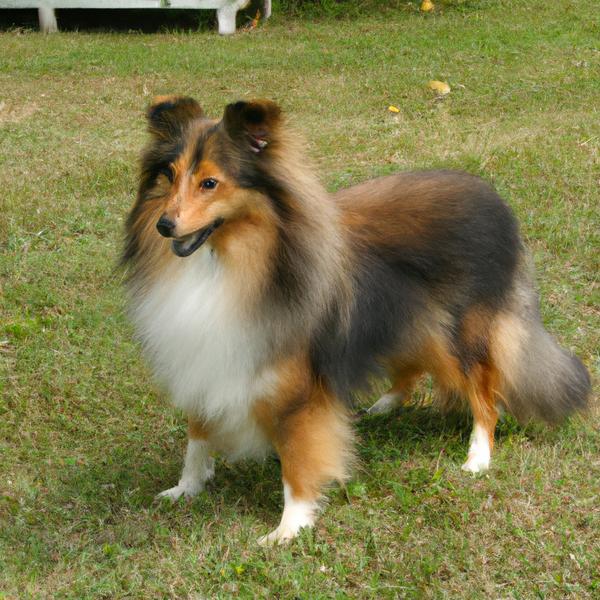
Sheltie Pin
Brusston vs Sheltie Pin
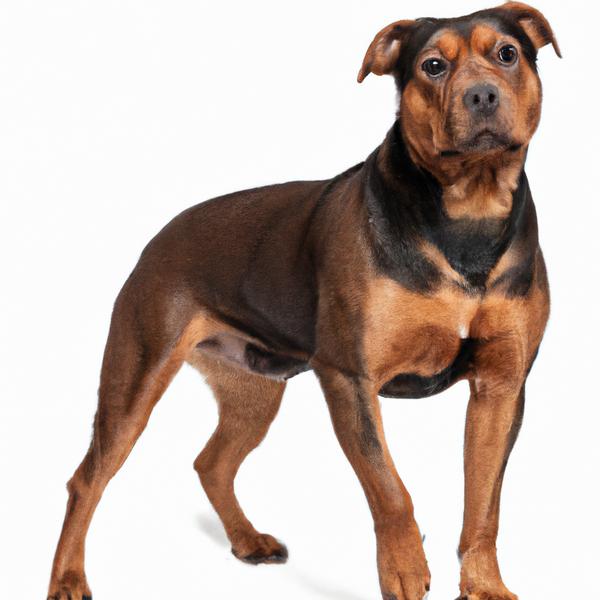
Pitweiler
Brusston vs Pitweiler
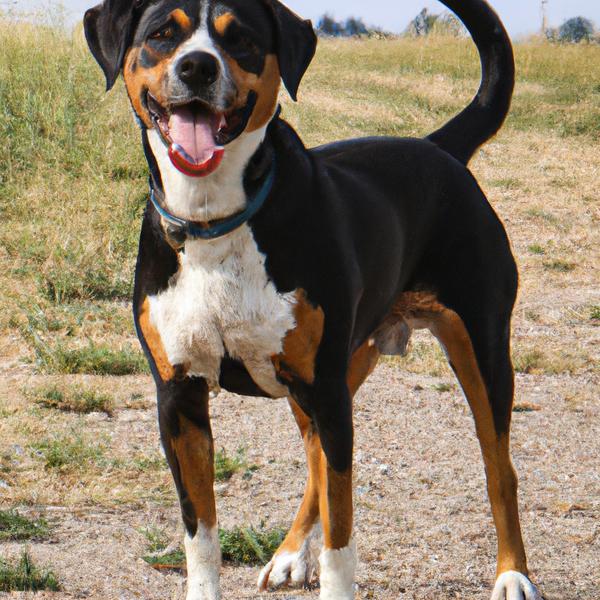
Entlebucher Pit
Brusston vs Entlebucher Pit
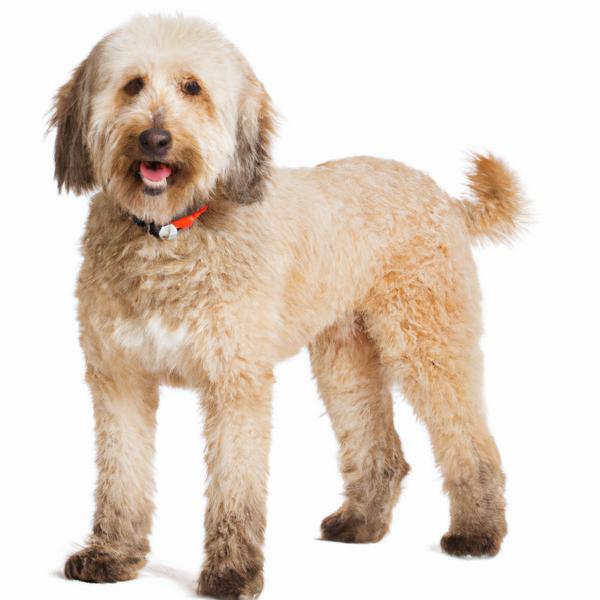
Terri-Poo
Brusston vs Terri-Poo
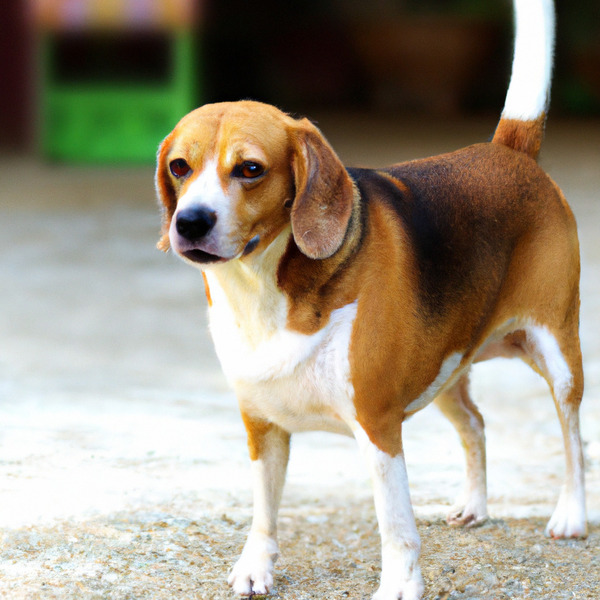
Beago
Brusston vs Beago
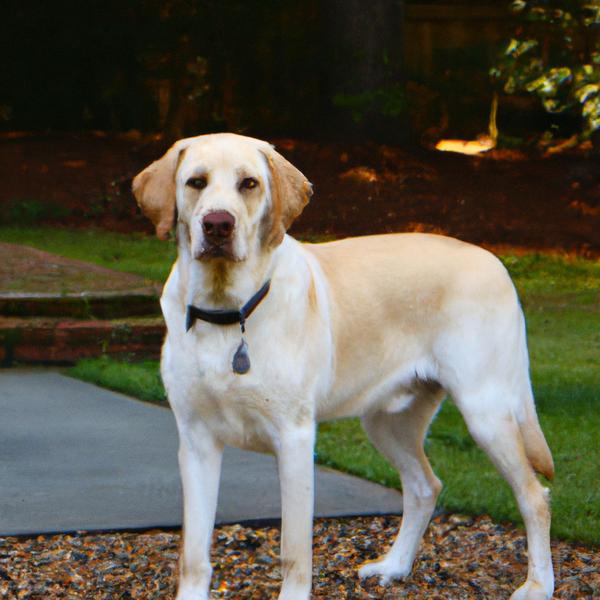
Clumber Lab
Brusston vs Clumber Lab
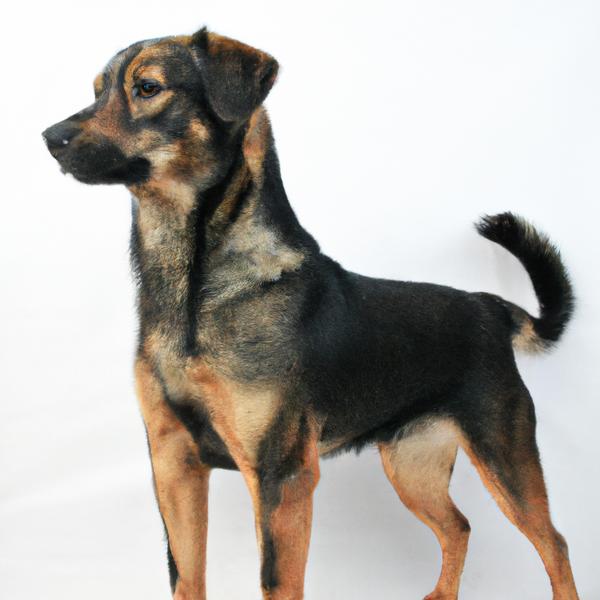
Chesador
Brusston vs Chesador
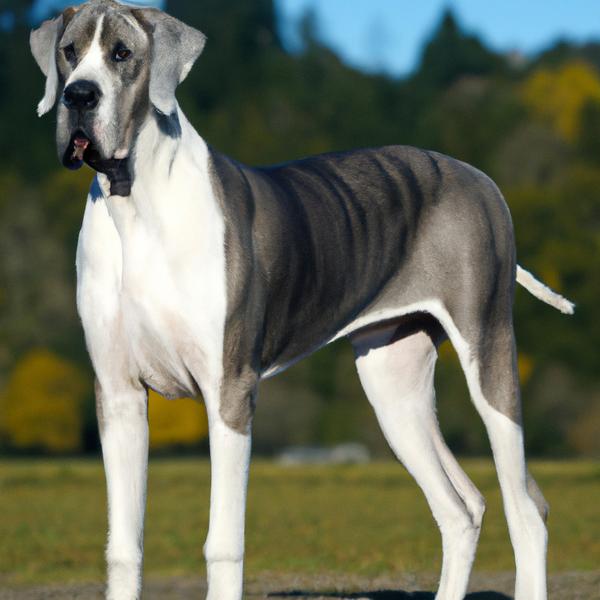
Greater Swiss Mountain Dane
Brusston vs Greater Swiss Mountain Dane
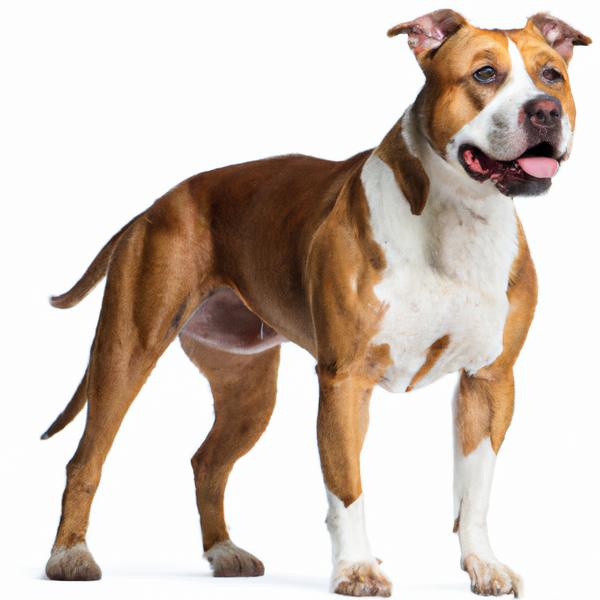
American Staffordshire Terrier
Brusston vs American Staffordshire Terrier
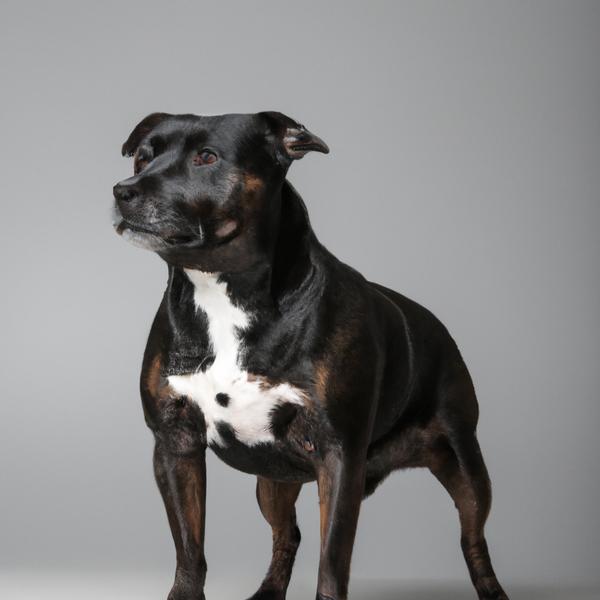
Staffordshire Bull Terrier
Brusston vs Staffordshire Bull Terrier
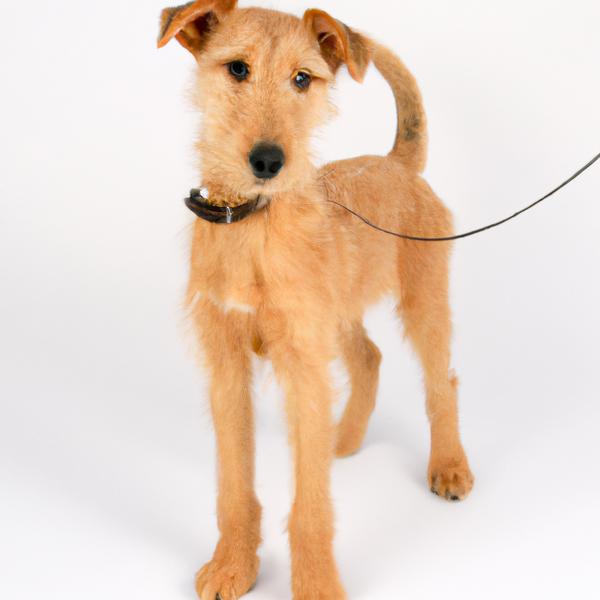
Wire Foxton
Brusston vs Wire Foxton
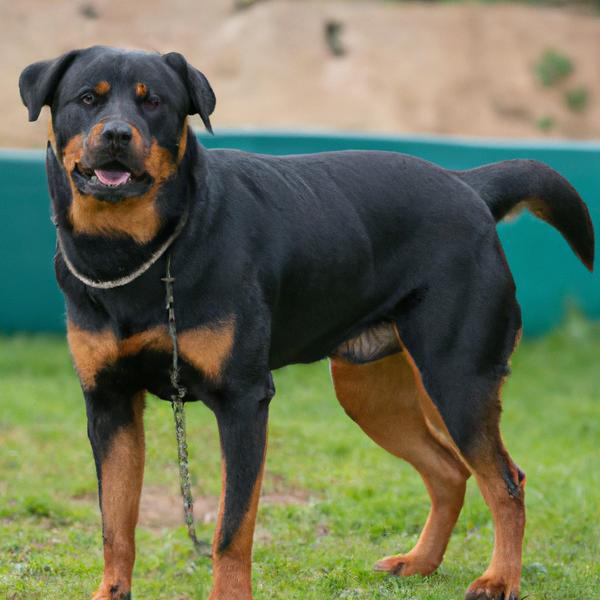
Rottie Shepherd
Brusston vs Rottie Shepherd
